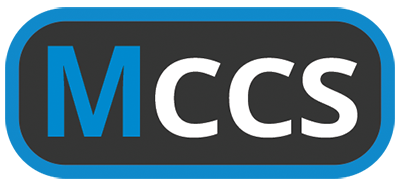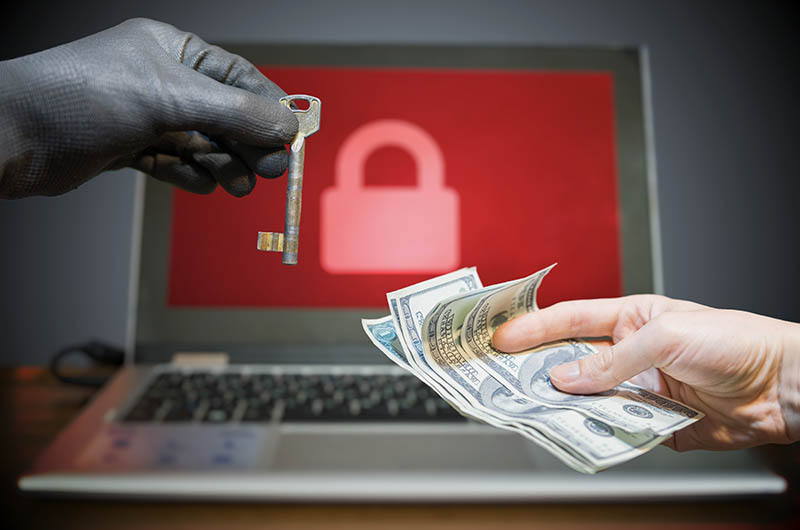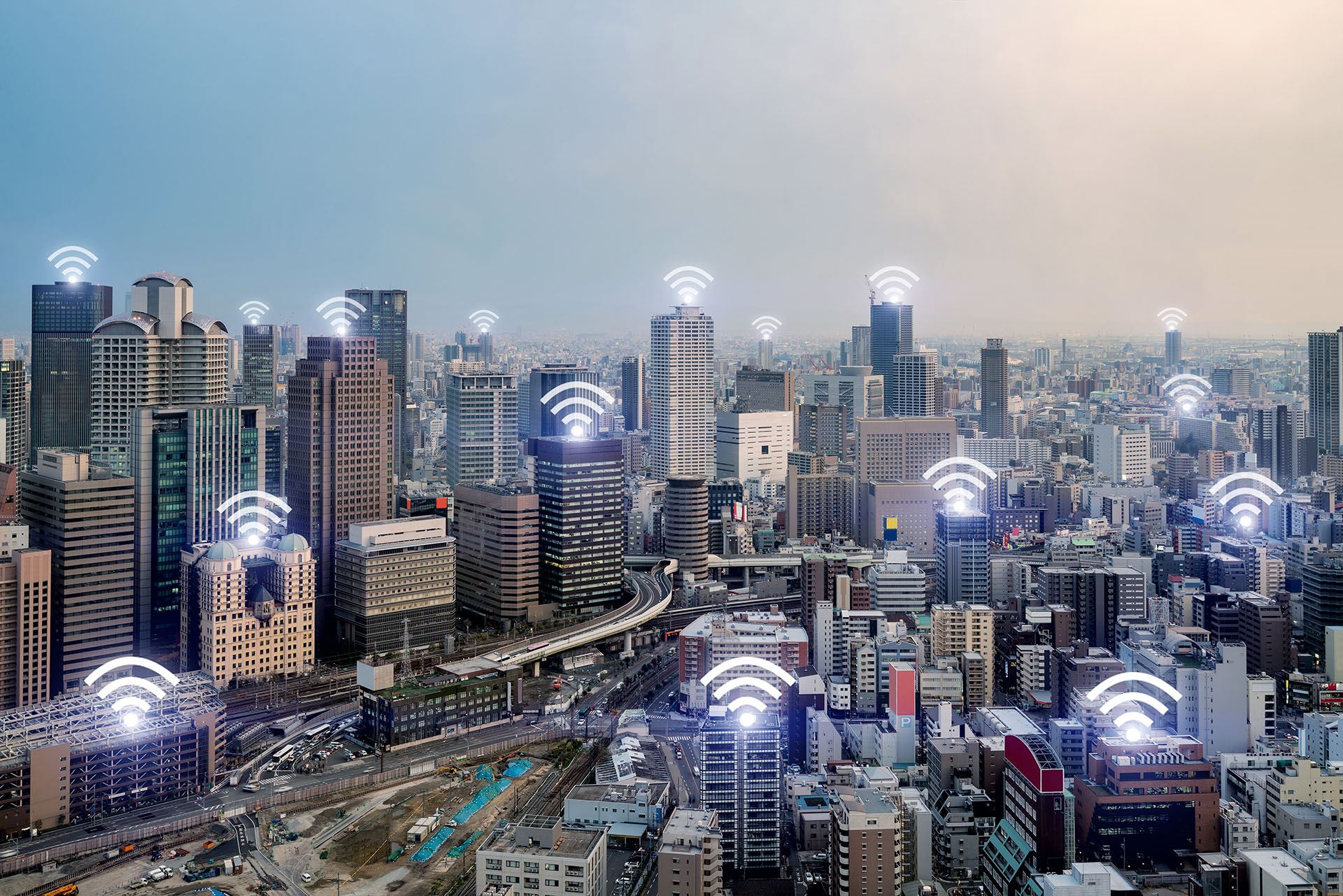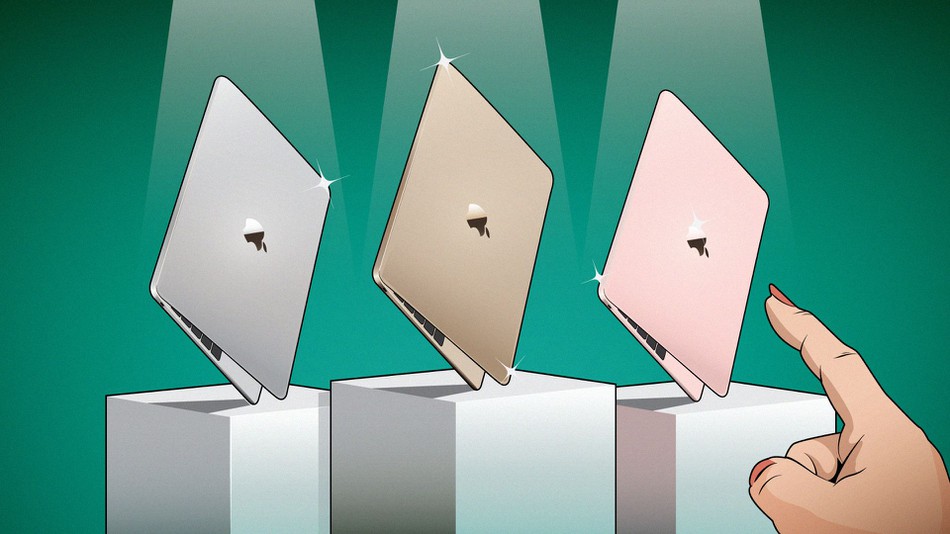We all like fast things; Cars, tax refunds, meetings – the faster the better. Rivaling commute traffic, computer speed can be one of the most frustrating daily tolls on our time. That’s because working adults spend an average of 2.5 – 5.5 hours every work day on their computers. With 261 total working days in 2019, that means the average working adult spends just over 1000 hours per year on their workstation. If your computer is 10% slower than your coworkers, you could be losing almost 3 full days of productivity. Yikes!
So – what makes a computer fast?
- Hard Drives
Your computer’s hard drive stores all of your information. It also stores your operating system (windows or mac). Every time you open a web browser or excel, your computer needs to get that information from your hard drive. If your hard drive is solid state, this happens incredibly quickly. If not, you’ll be left waiting for programs to open and pages to load.
Why don’t all computers have solid state drives? They’re expensive and have smaller storage capacities than their older counterpart, the platter drive.
- Processor and RAM

The ‘brain’ of your computer is the processor. Anything that happens on your computer goes through the processor. The faster it is and the more cores it has means less waiting time for you. We generally recommend Intel processors for workstations, but there are plenty of AMD options as well.
RAM is the short-term memory for your computer. If you open up a word document, your computer gets the document from your hard drive and puts it in your RAM for quick access. RAM is a type of solid-state memory that is extremely fast. The more RAM you have, the more data and tasks your computer can handle simultaneously. We generally recommend 8GB of RAM, however if you work with graphics or video, you may need more.
Special note: If you tend to have 100 documents and programs open at the same time (or just don’t remember to close them) you might benefit from more RAM as well!
- Free Space
Imagine you run a warehouse and it’s virtually empty. If you need to find something, it’s pretty easy to track down and similarly, if you need to store something, there’s plenty of room. The same principal applies to hard drive storage. If your hard drive is almost full, it takes longer for your computer to find information and quite a bit longer for it to find free shelf space to store new information.
- Viruses and Bloatware
If your computer used to be fast but suddenly lost its pep, you might have accidentally installed software that’s using up your speed. Pesky bloatware (think toolbars on your browser) can affect both windows and mac computers and is a real drag on productivity. For bloatware, try cleaning your computer with ccleaner for Windows & Mac (ccleaner.com) or mackeeper (mackeeper.com). For viruses and bloatware not so easily removed, schedule an appointment with MCCS for a professional cleaning.
Figuring out what’s slowing down your computer can be complicated and be very frustrating – we hope that this article has shed some light on the subject! Feel free to contact our office with questions about new computer purchases or how to speed up your current machine. We’re always happy to help!





